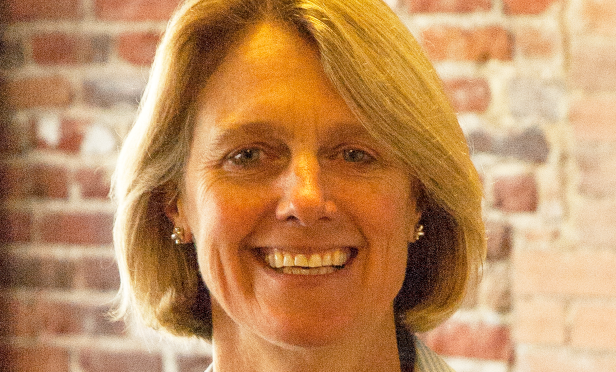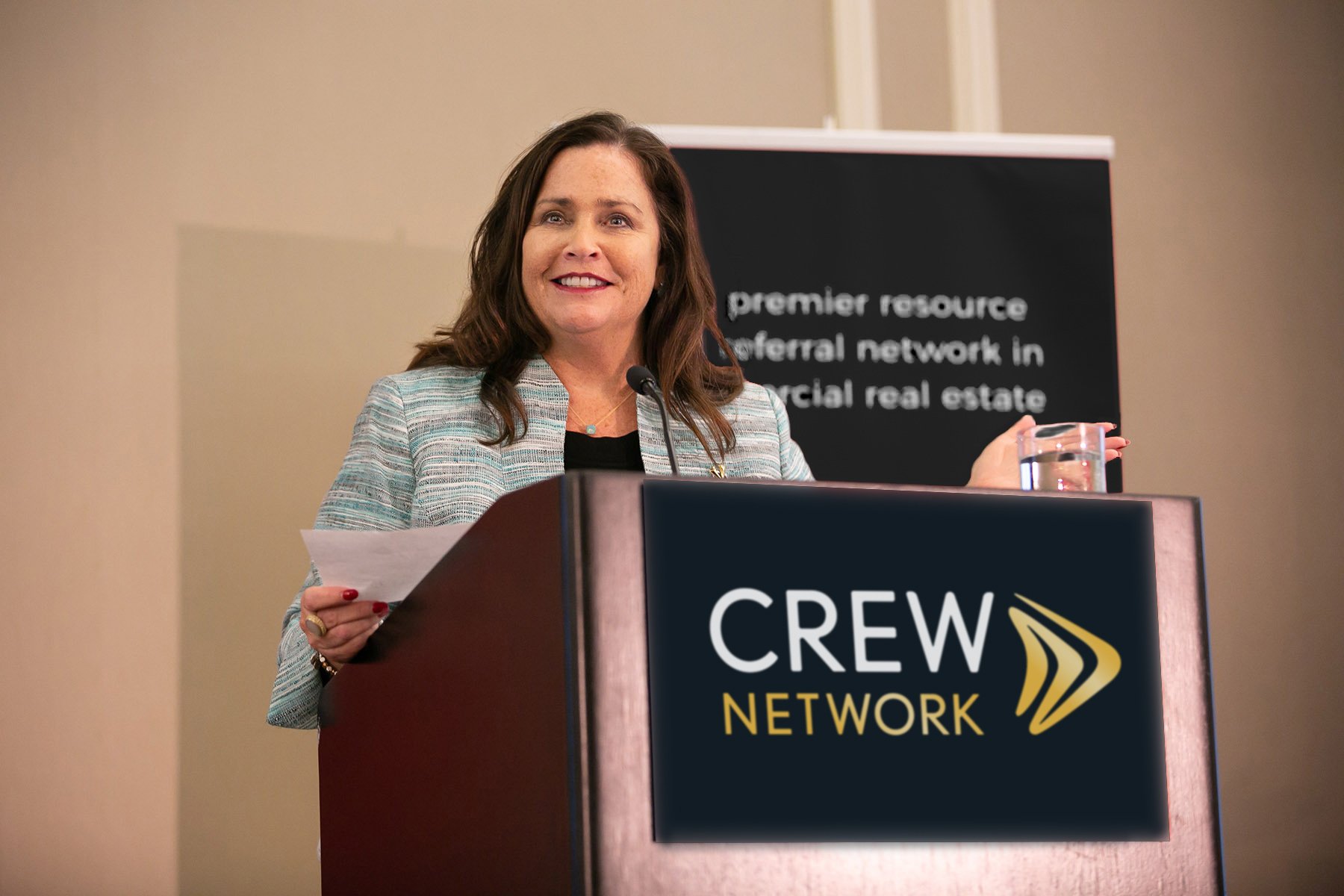It is undeniable that diversity has improved in commercial real estate from the all-male dominated industry it once was, but men and women having differing opinions about how much has changed and how far the industry has to go. In a new survey from Apto, 45% of male respondents—the majority—said they believed the industry has become “a really good place” for women, while only 13% of female respondents agreed with the same sentiment. The majority of female respondents, 46%, said the industry has “made some progress, but still has a way to go.” The other optional responses included “the industry has come a long way, but still has a way to go” and “the industry is not a good place for women.”
“There's been a great deal of awareness created in the market about gender diversity in the workplace,” Angela Tucci, CEO of Apto, a CRE software company, tells GlobeSt.com. “But getting from awareness to actually creating a pipeline for diversity in the profession is complex. Achieving this requires that you actually recruit, hire, retain and promote more diverse candidates. So while men in the industry may feel more positive about the extent of progress because they are aware of changing gender attitudes, the women in the industry have experienced less actual change.”
While there is a disconnect between how far the industry has come, the majority of both men and women said they would feel comfortable with their daughter working in the industry. In fact more women, 77%, than men, 92%, agreed he or she would be comfortable with his or her daughter working in the industry.
Many firms are adopting more progressive policies, but the disconnect between men and women on gender diversity could inhibit future growth, particularly if men don't see the pressing need to encourage more growth. “It can inhibit growth if men largely think that their firms have already addressed gender diversity because, by being in the majority, they are in the position of hiring, retaining and promoting women,” says Tucci. “Complacency has the potential to dampen any momentum that's been created.”
Women are continuing to make strides in the industry. The vast majority of respondents, 97%, either said that mixed gender teams worked best or that gender didn't play a role in a team's success. Tucci says there are several ways for women to continue to penetrate and find success in the industry. In her opinion women can make strides by: “sharing success stories, examples of women in brokerage management roles that are touted by firms; having hiring standards that require two or more diverse candidates to be considered for each of the roles—a best practice used in other industries for increasing the likelihood of hiring diverse candidates; and having male and female mentors who also act as advocates for women.” In addition she says, “Male advocacy is one of the biggest drivers for change” along with “executive leadership—which is generally composed of men—has to own this as an issue to improve the actual numbers.”
© Touchpoint Markets, All Rights Reserved. Request academic re-use from www.copyright.com. All other uses, submit a request to [email protected]. For more inforrmation visit Asset & Logo Licensing.





